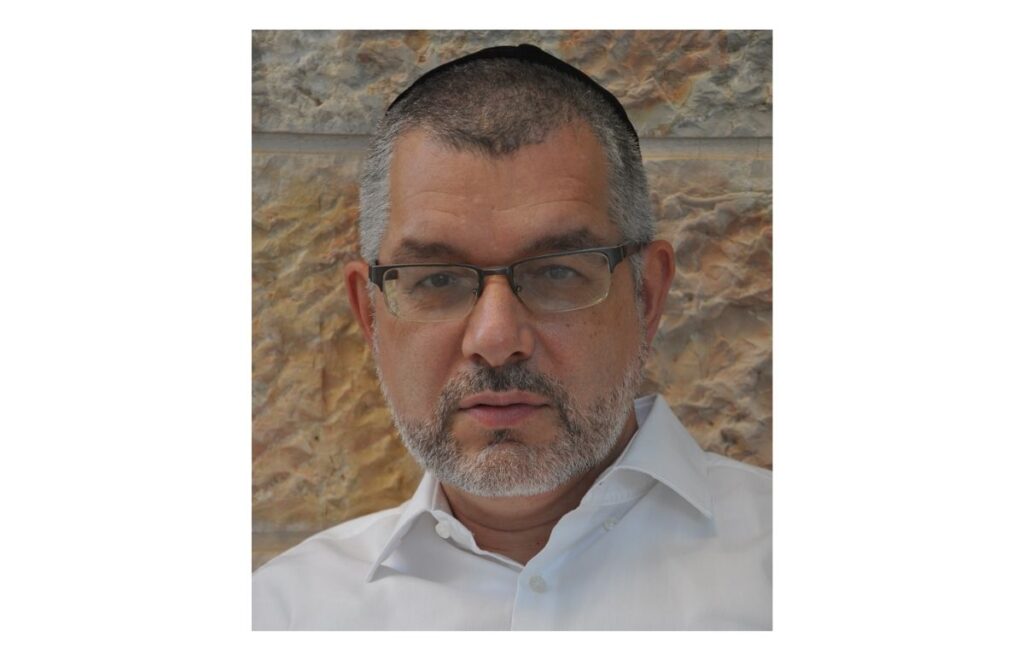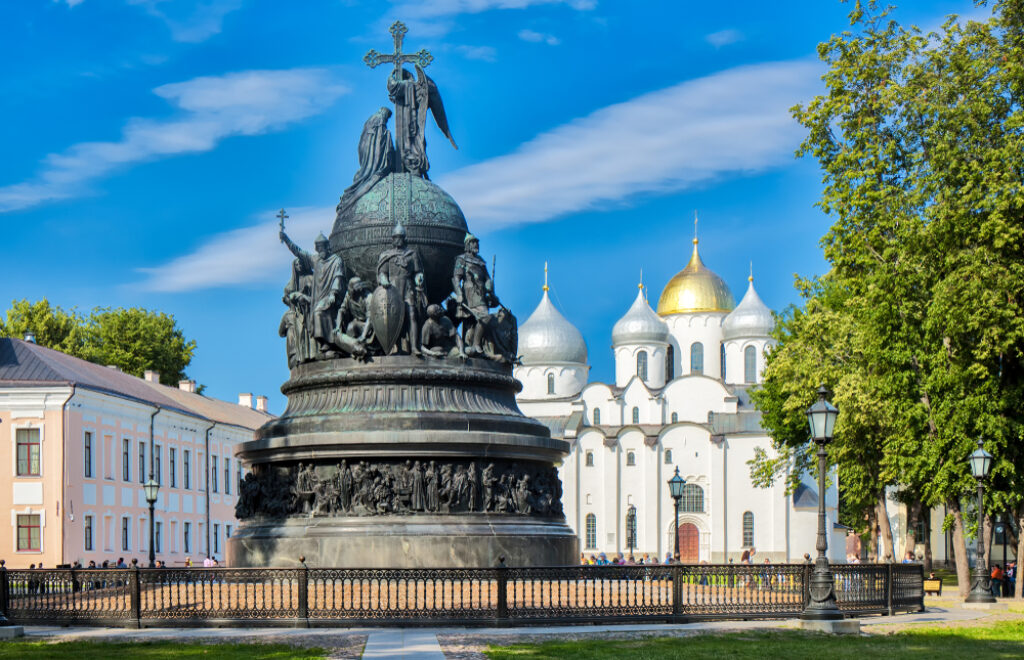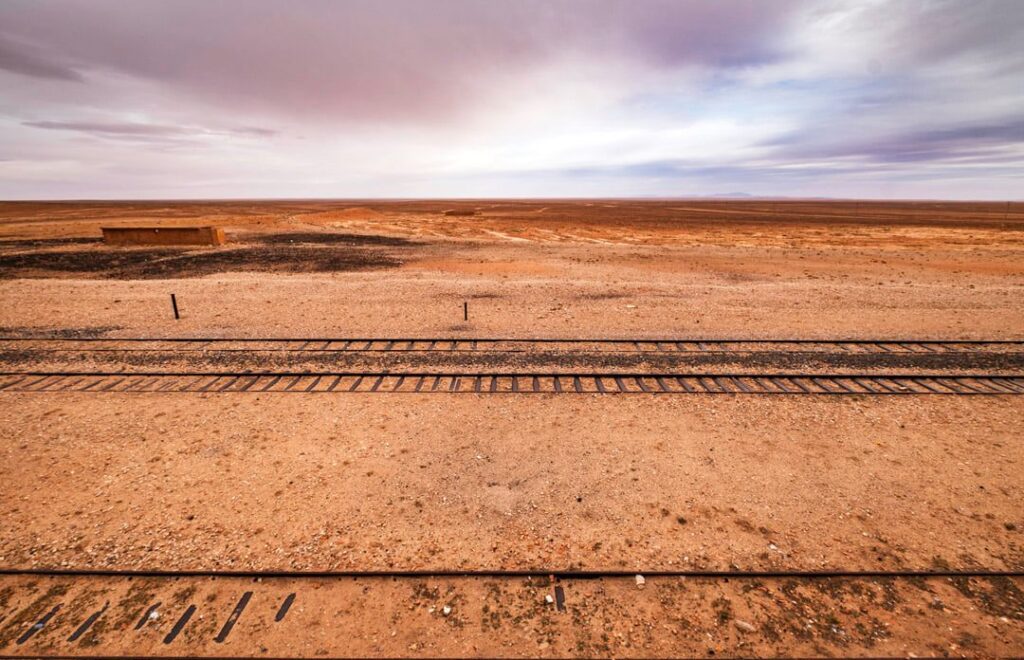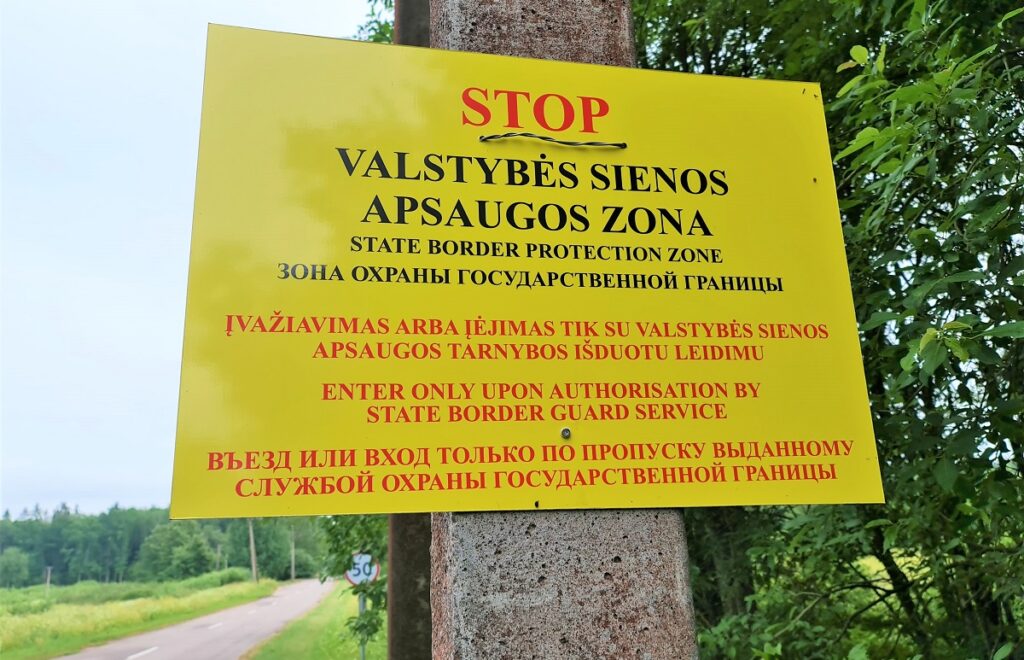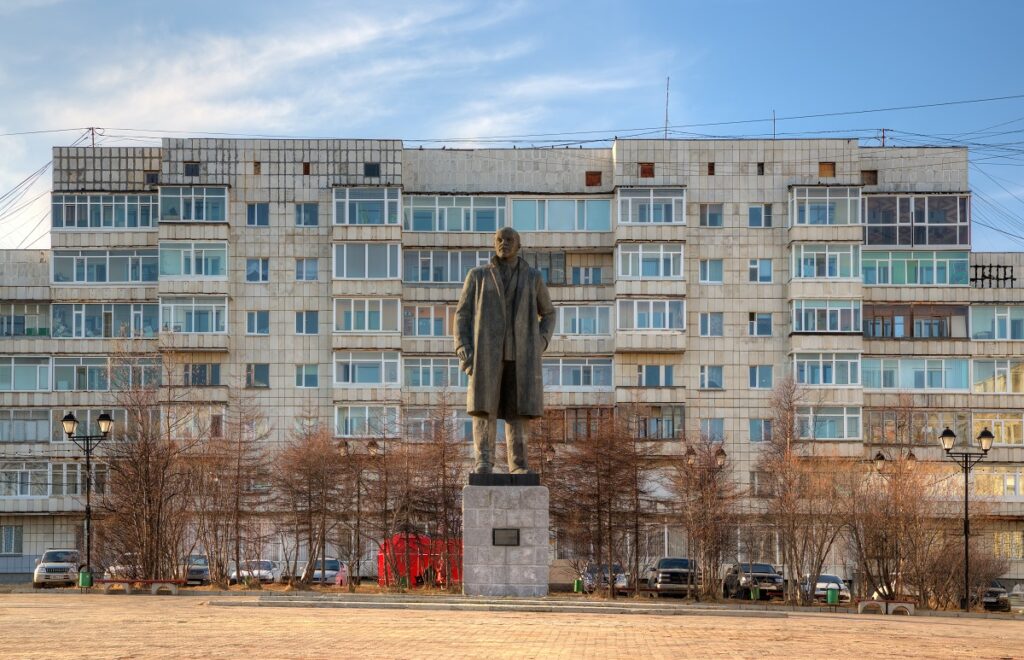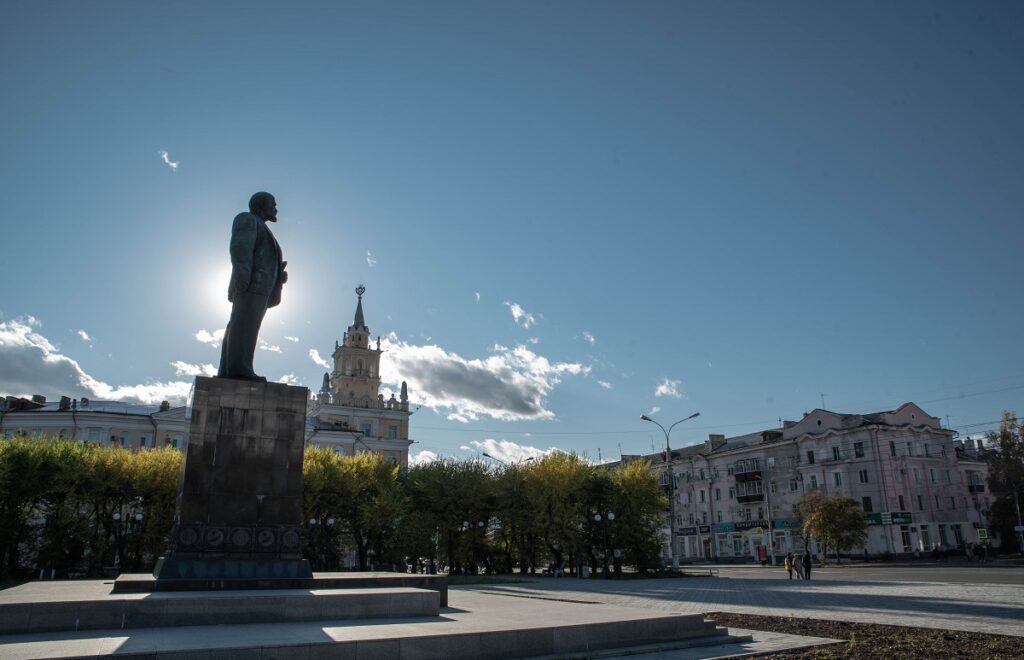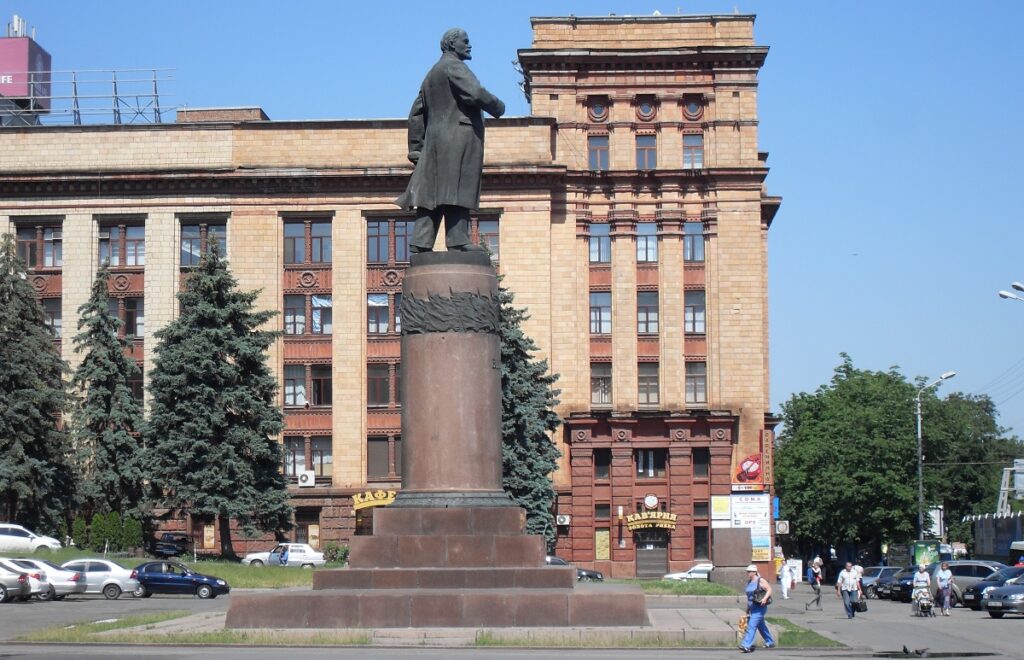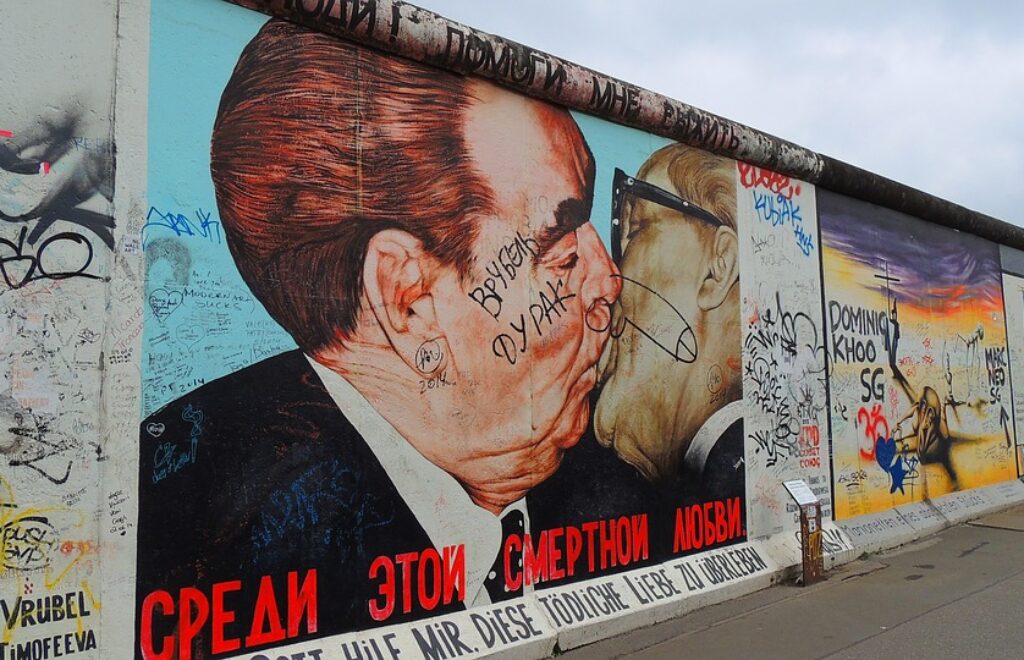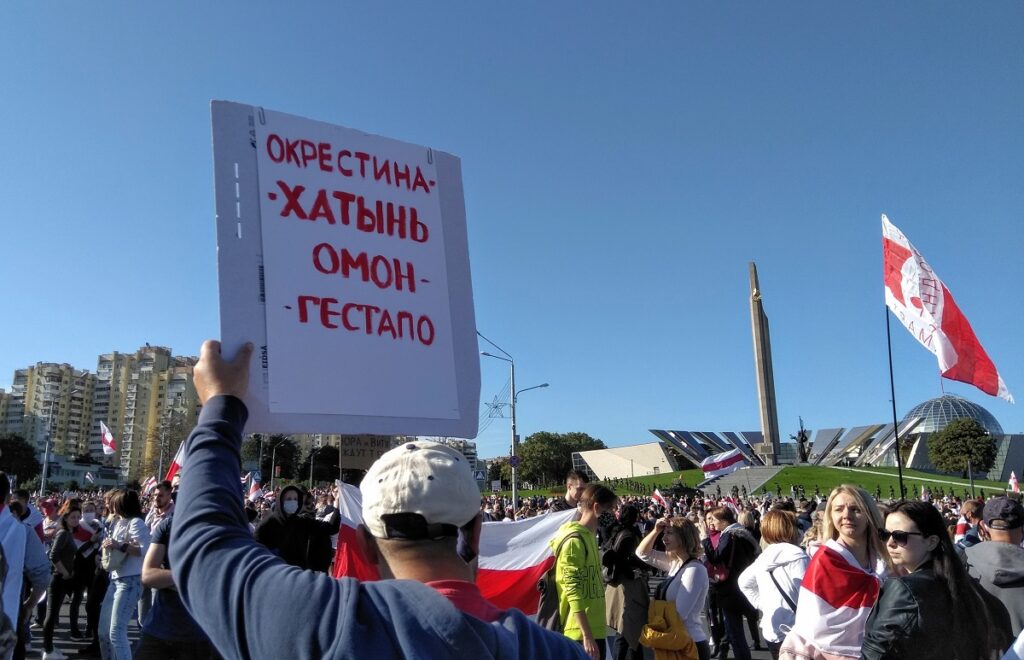The public diplomacy of the Associated Trio: Singing in unison?
Various hybrid challenges, as well as the foreign policy realities of the regions of Central and Eastern Europe and the Black Sea, have led Ukraine to increasingly promote itself as an independent and active actor in the international arena. The country’s new projects, such as the large-scale Crimean Platform and a number of regional alliances, including the Ukrainian-Turkish “Quadriga” and the Ukrainian-Polish-Lithuanian Lublin Triangle, serve as evidence of this new assertiveness.
December 2, 2021 - Maria Protsiuk



